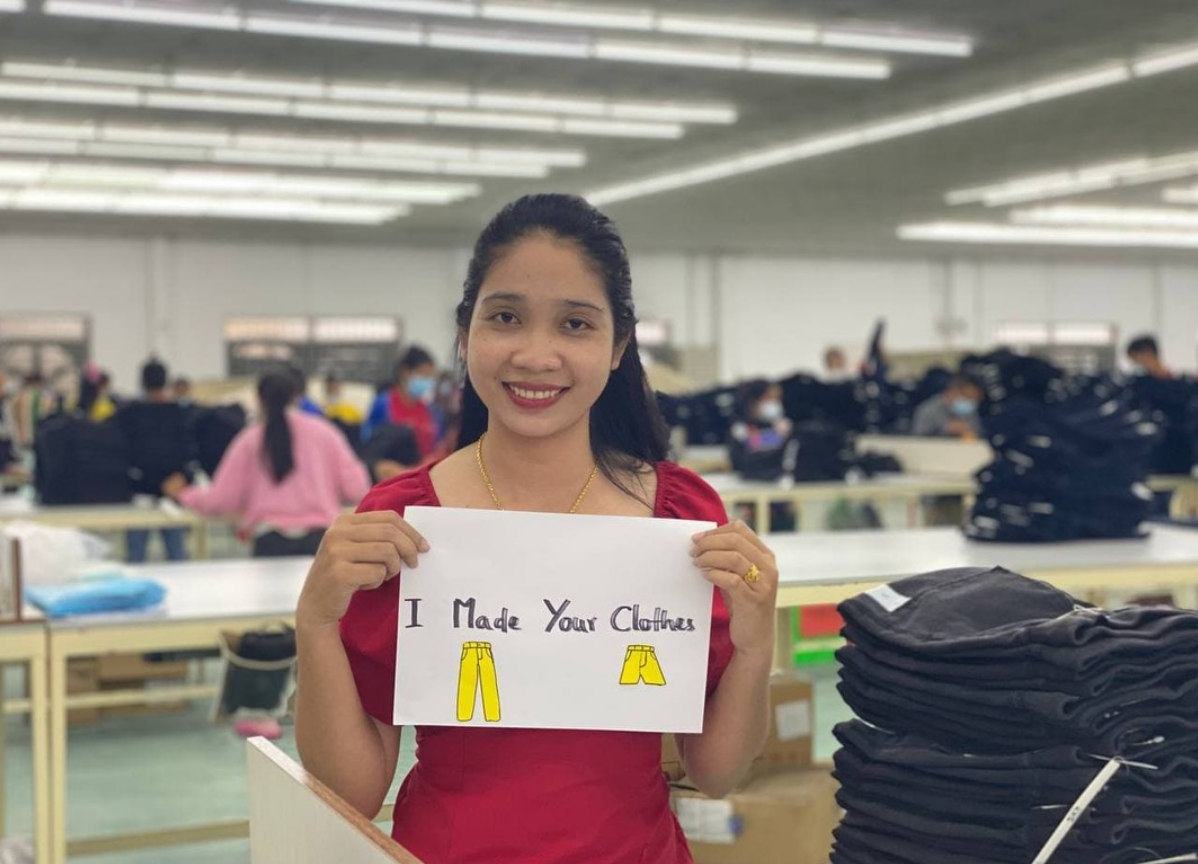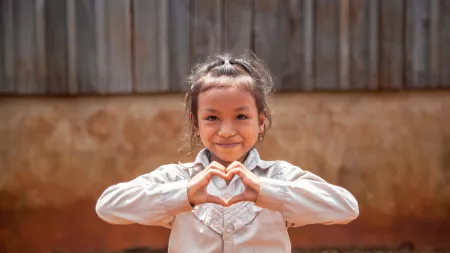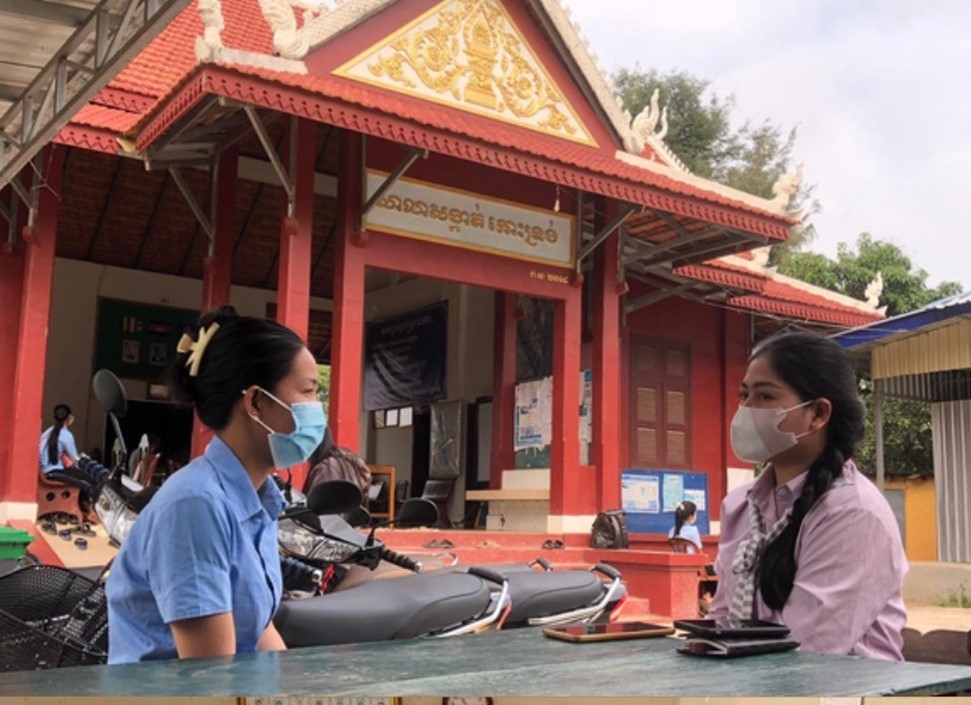
5 Min Inspiration: Women in Cambodia build skills they can use
If you’d lost your job, what would be most helpful for you? For garment workers in Cambodia, they had 2 answers: cash transfers and financial management training.

 Asia and the Pacific
Asia and the Pacific
Cambodia ranks 144 out of 189 on the Human Development Index (HDI). Today, CARE International works with marginalized women and girls in Cambodia to protect their social and economic rights.
CARE International first started working in Cambodia in 1973, initially focusing on food distribution, healthcare, and education. Beginning in 1975, CARE International supported millions of Cambodian refugees fleeing the Khmer Rouge and living along the Thai border. In 1991, our office in Phnom Penh was re-opened.
Since emerging from conflict, Cambodia has experienced high levels of economic growth. Despite this, millions are still living in extreme poverty. Over time, CARE Cambodia's programming has shifted from short-term assistance to long-term projects that aim to tackle the root causes of poverty.
CARE Cambodia works primarily with marginalized women, including women in urban areas who are marginalized by occupation, women and girls from ethnic minorities, and rural women who are denied social and economic rights.
Our work in Cambodia focuses on:
Since 2020, CARE Cambodia has been responding to COVID-19 in Cambodia, especially in the garment sector. Through a Rapid Gender Analysis, CARE identified how female garment workers are uniquely affected by the pandemic, and responded by raising health and hygiene awareness, supporting laid-off workers, and continuing to support sexual and reproductive health and gender-based violence services.

If you’d lost your job, what would be most helpful for you? For garment workers in Cambodia, they had 2 answers: cash transfers and financial management training.

“The commune [talked] to me with good words and friendlier than before when I go to use ask them for the administration documents for my children.” Students and people at health services talk about how now teachers and nurses don’t discriminate against poor patients or people from ethnic minorities.

Increased social participation and government transparency in Cambodia are making public policies more inclusive and effective
English: Drawing from 13 studies – three of them conducted by CARE International – this report presents the economic costs of violence against women in relation to its impact on national economies and the rates of violence against women in these coun
In FY2023, CARE worked around the world, contributing to saving lives, fighting poverty, and increasing social justice.